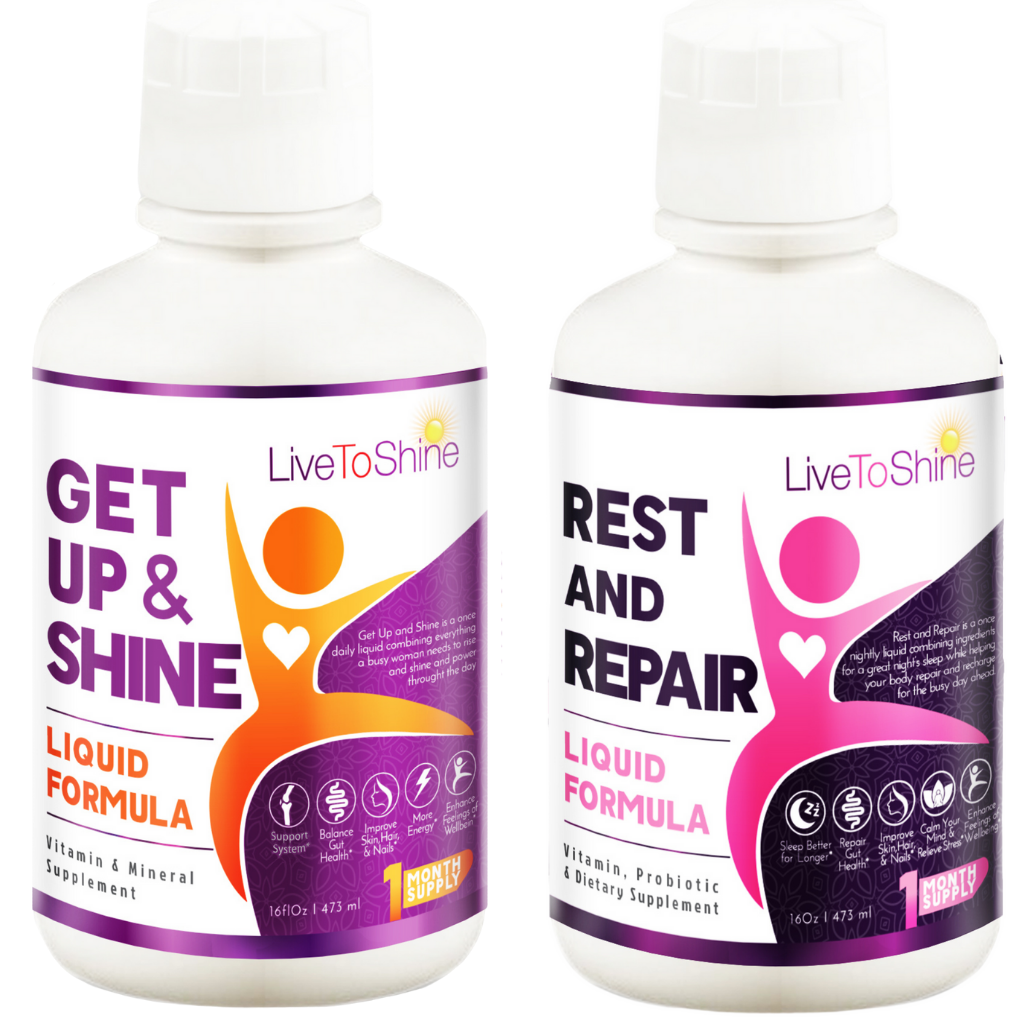Are you getting enough B Vitamins in your diet?
Chances are, that you aren't! Vitamin B12 is a water-soluble vitamin that plays a crucial role in many bodily processes. While B12 can be found in some foods, such as meat, fish, and dairy products, many people do not consume enough B12 in their diets especially those on a more plant-based focused diet.
Today, we will explore the benefits of B12 and why it is important to ensure ample intake, and if you think you’re not getting enough, how our B12 Vitamin Patch could be your answer.
B Complex
Not only is our B12 Vitamin Patch a true allrounder of a powerhouse patch, but it is also B Complex. This means it is packed full of not only B12 but also B1, B2, and B6, incredibly important for the healthy function of your nervous system. As well as B3, known as Niacin, to support your hair, skin, and brain function.
B12 Supports Red Blood Cell Production
One of the most important roles of B12 in the body is its contribution to the production of red blood cells. Red blood cells are responsible for carrying oxygen throughout the body, and without enough B12, the body cannot produce enough healthy red blood cells. This can lead to a condition called anemia, which can cause symptoms such as fatigue, weakness, and shortness of breath.
Boosts Energy Levels
B12 is also important for energy production in the body. It plays a key role in the metabolism of fats and carbohydrates, which are the body's primary sources of energy. When the body doesn't have enough B12, it can lead to feelings of fatigue and weakness. This is why a B12 Vitamin Patch is ideal for people who feel chronically tired, even after a good night's sleep.
Supports Brain Function
B12 plays a key role in the formation of myelin, a protective coating that surrounds nerve fibers in the brain and spinal cord. This coating is essential for proper nerve function, and without enough B12, the myelin can become damaged or degraded. This can lead to problems with memory, concentration, and mood. Studies have also shown that B12 may help reduce the risk of age-related cognitive decline and dementia.
Promotes Heart Health
B12 is important for maintaining a healthy heart. It helps to regulate levels of homocysteine, an amino acid that can damage blood vessels and increase the risk of heart disease. When levels of homocysteine are too high, it can lead to inflammation in the arteries and an increased risk of heart attack or stroke. B12 helps to lower levels of homocysteine, which can help to protect against these risks.
Boosts Immune System
B12 plays a key role in the production of white blood cells, which are essential for a healthy immune system. White blood cells help to fight off infections and diseases, and without enough B12, the immune system may not function properly. This can lead to an increased risk of infections, especially in people who are already vulnerable due to other health conditions.
Supports Bone Health
B12 is also important for maintaining strong and healthy bones. It helps to regulate levels of homocysteine, which can damage bone tissue and increase the risk of osteoporosis. In addition, B12 works with other nutrients such as calcium and vitamin D to promote bone health and prevent bone loss.
Improved Mood
B12 is also important for mental health and may help to improve mood. Studies have shown that people with low levels of B12 are more likely to experience depression and anxiety. B12 is important for the production of serotonin, a neurotransmitter that regulates mood and helps to promote feelings of happiness and well-being.
A true allrounder, B12 is an essential nutrient that plays a critical role in many bodily processes. If you think that you’re not getting enough B12 in your diet then why not try our B12 and B Complex Patch? This patch allows the benefits of B vitamins to slowly be absorbed into your skin slowly and steadily with a significantly higher absorption rate than taking pills.
Find your patch with Live to Shine today! 😀
The advice provided in this blog is for general informational purposes only. The information presented in this blog should not be considered as a substitute for professional medical advice. Readers should consult with qualified medical professionals for specific advice tailored to their individual circumstances. Any action taken by readers based on the advice given in this blog is at their own risk. The author is not liable for any losses or damages arising from the use or reliance on the information provided in this blog. These statements have not been evaluated by the Food and Drug Administration. This product is not intended to diagnose, treat, cure or prevent any disease.




